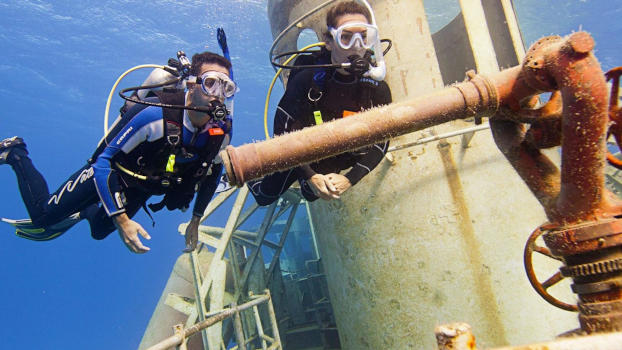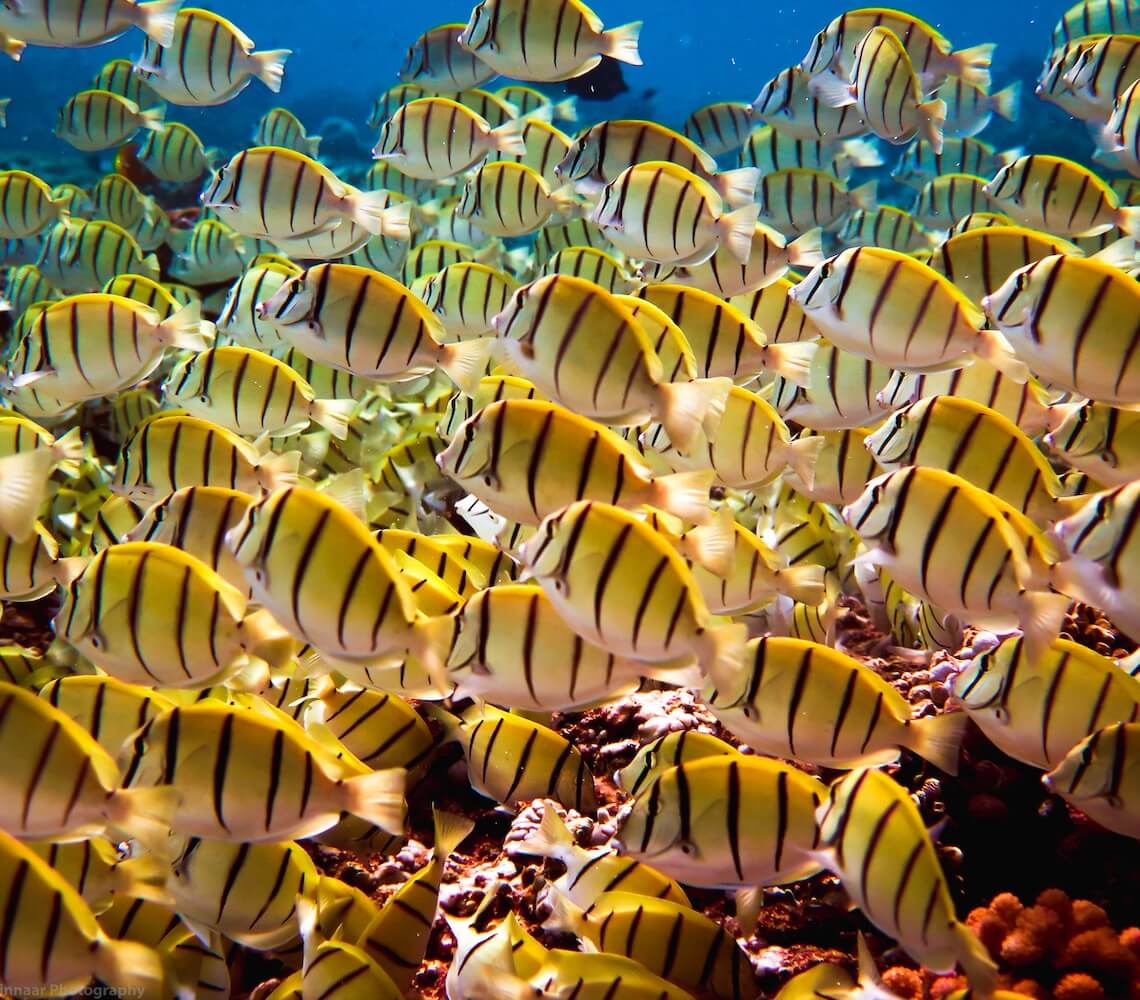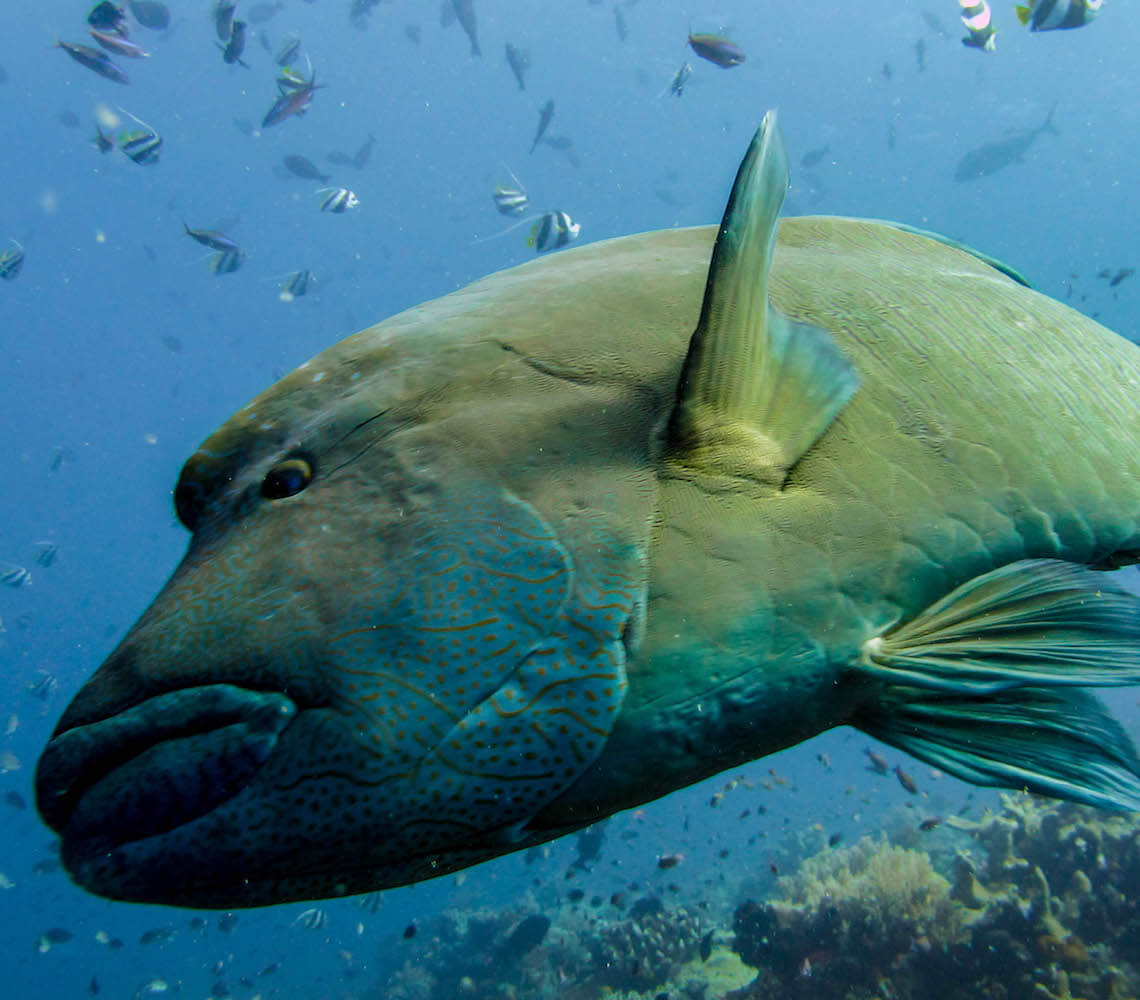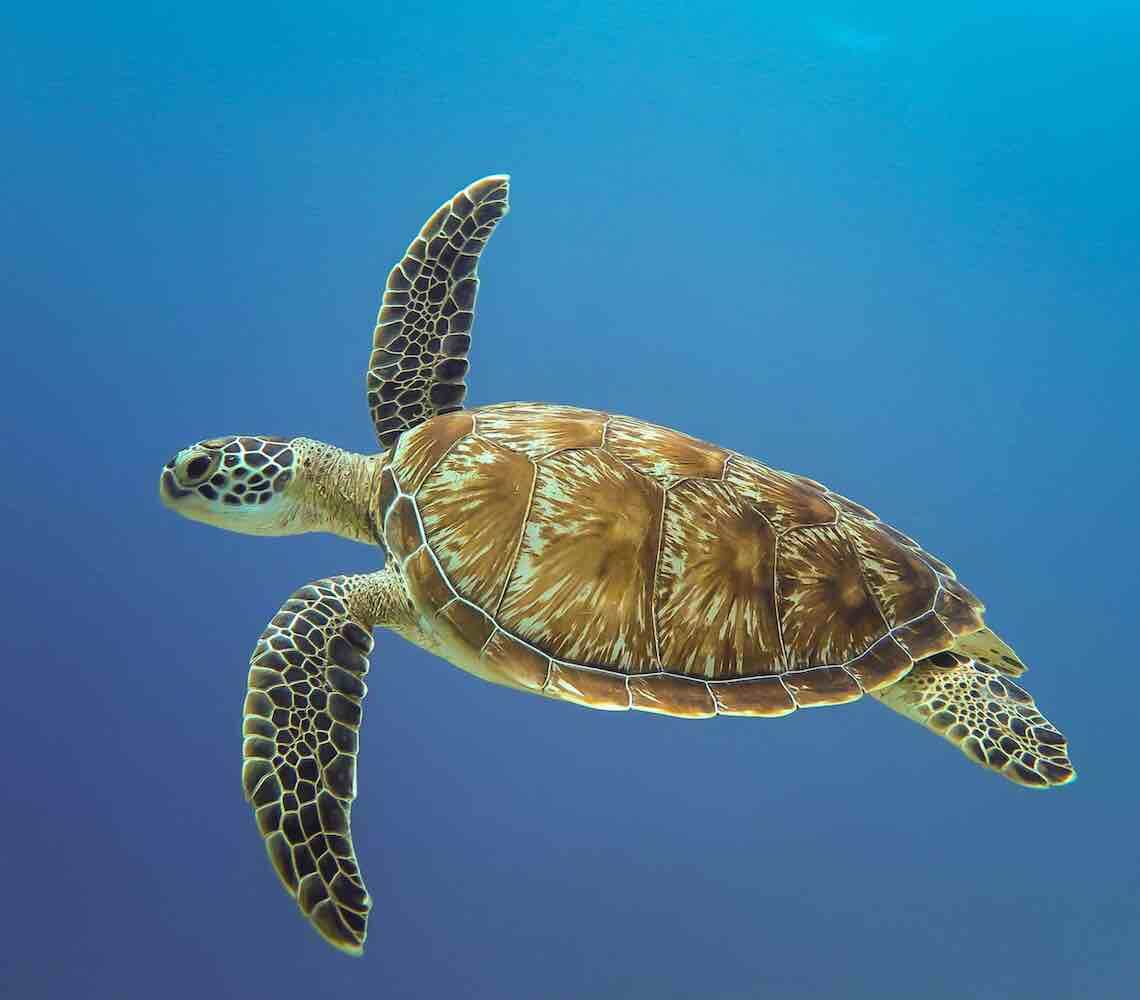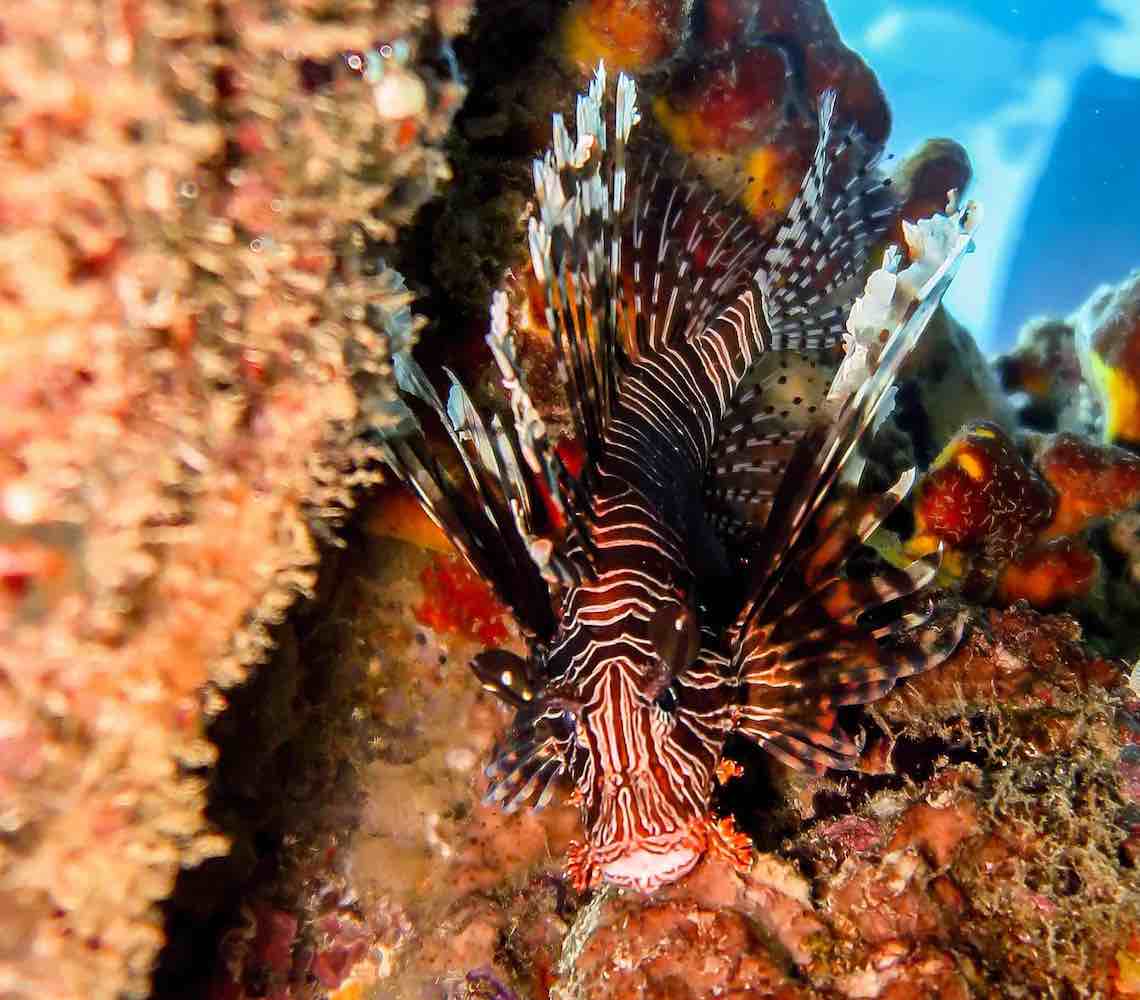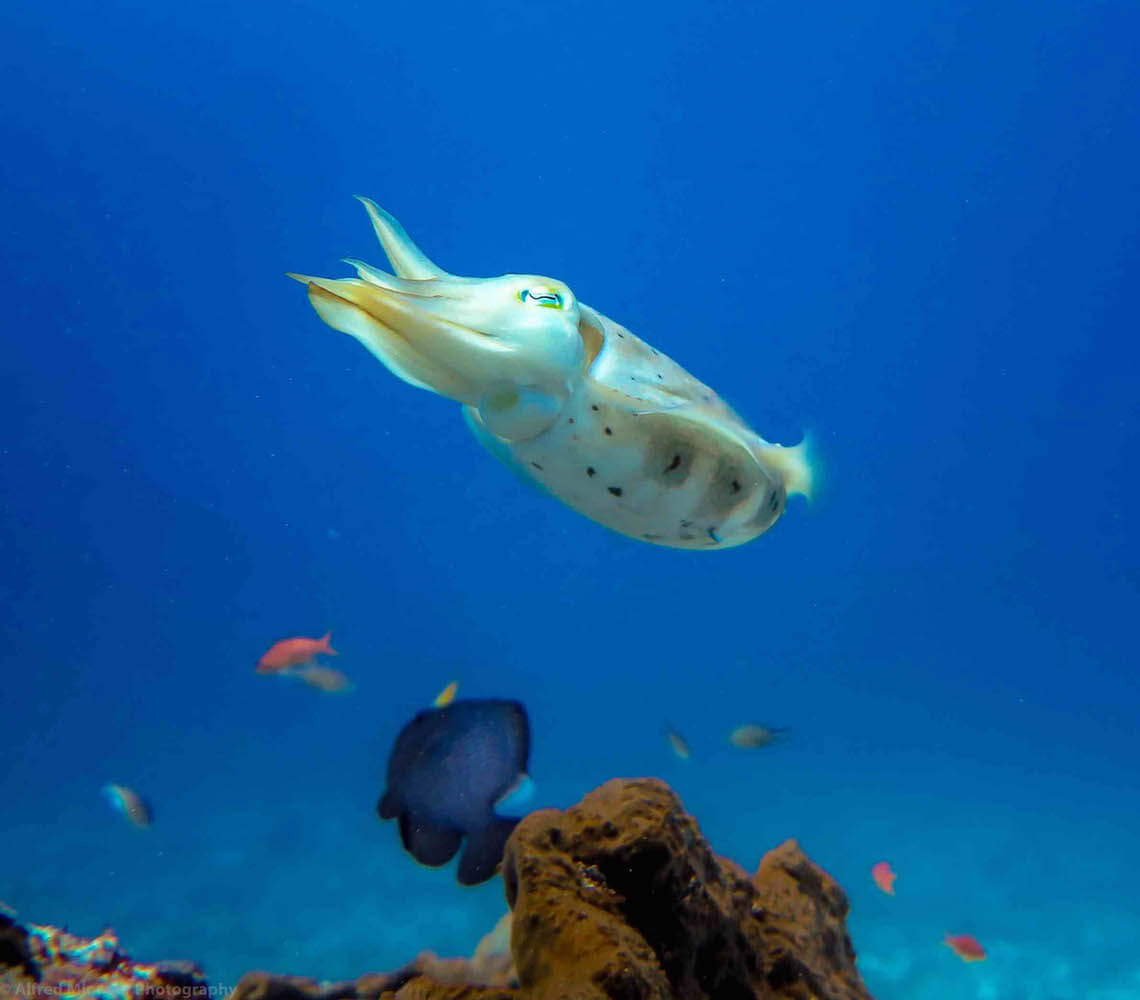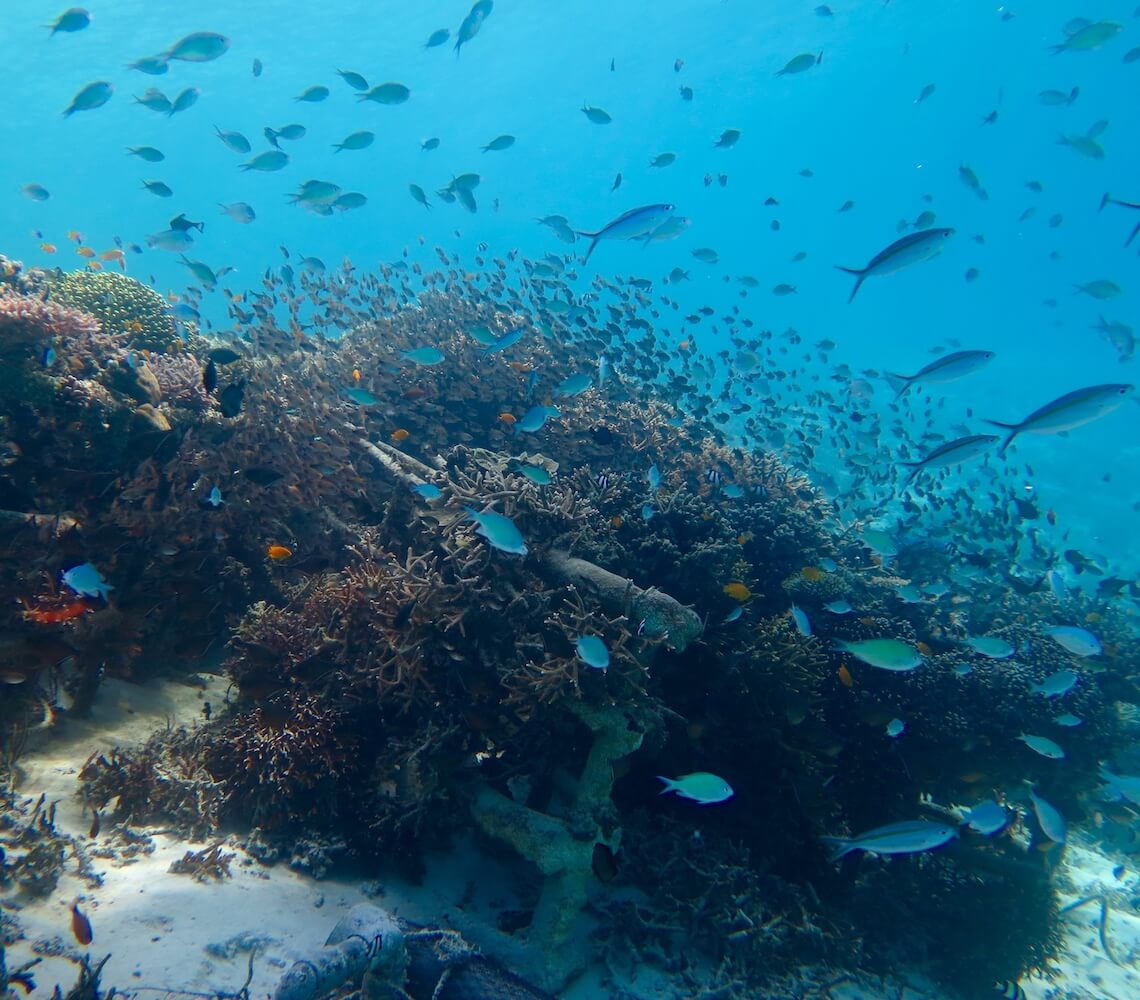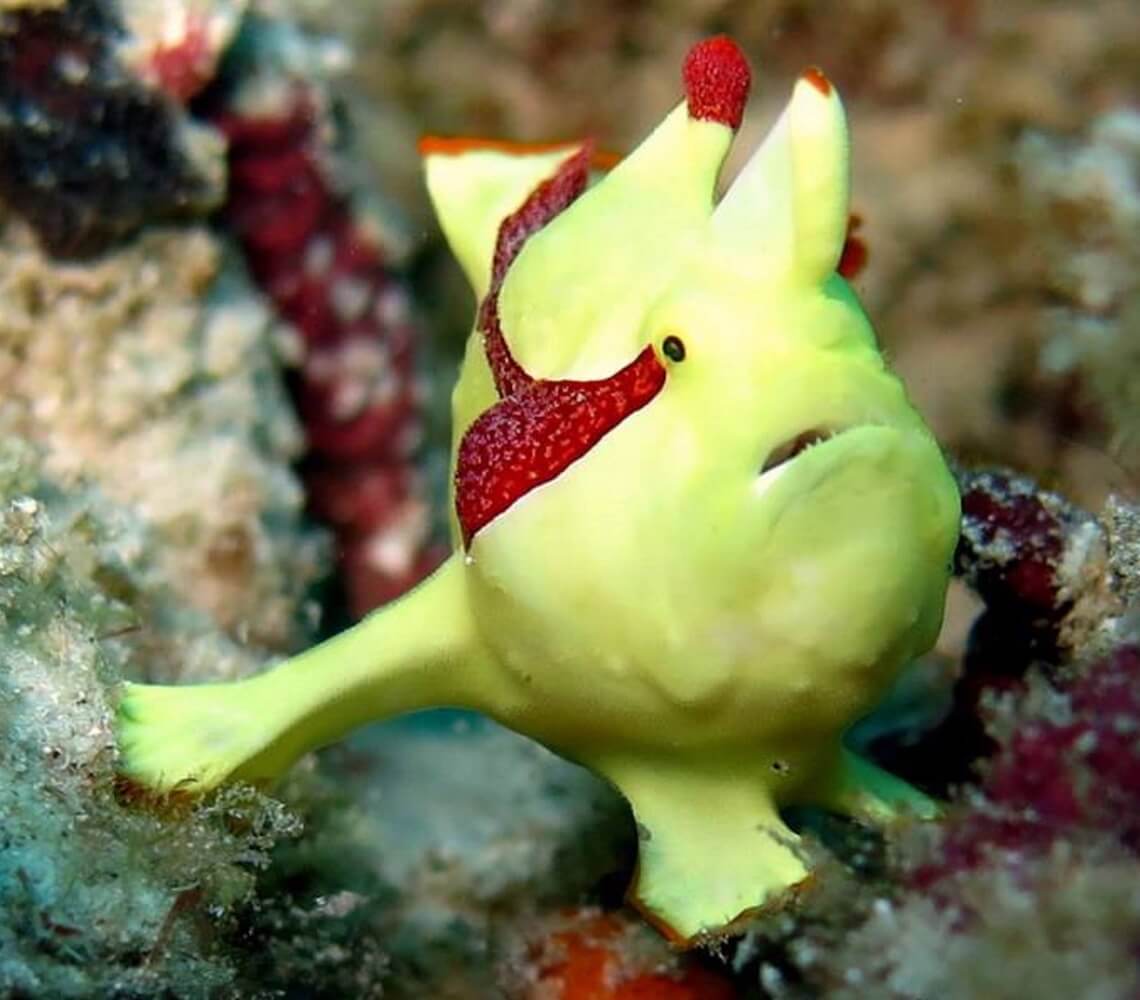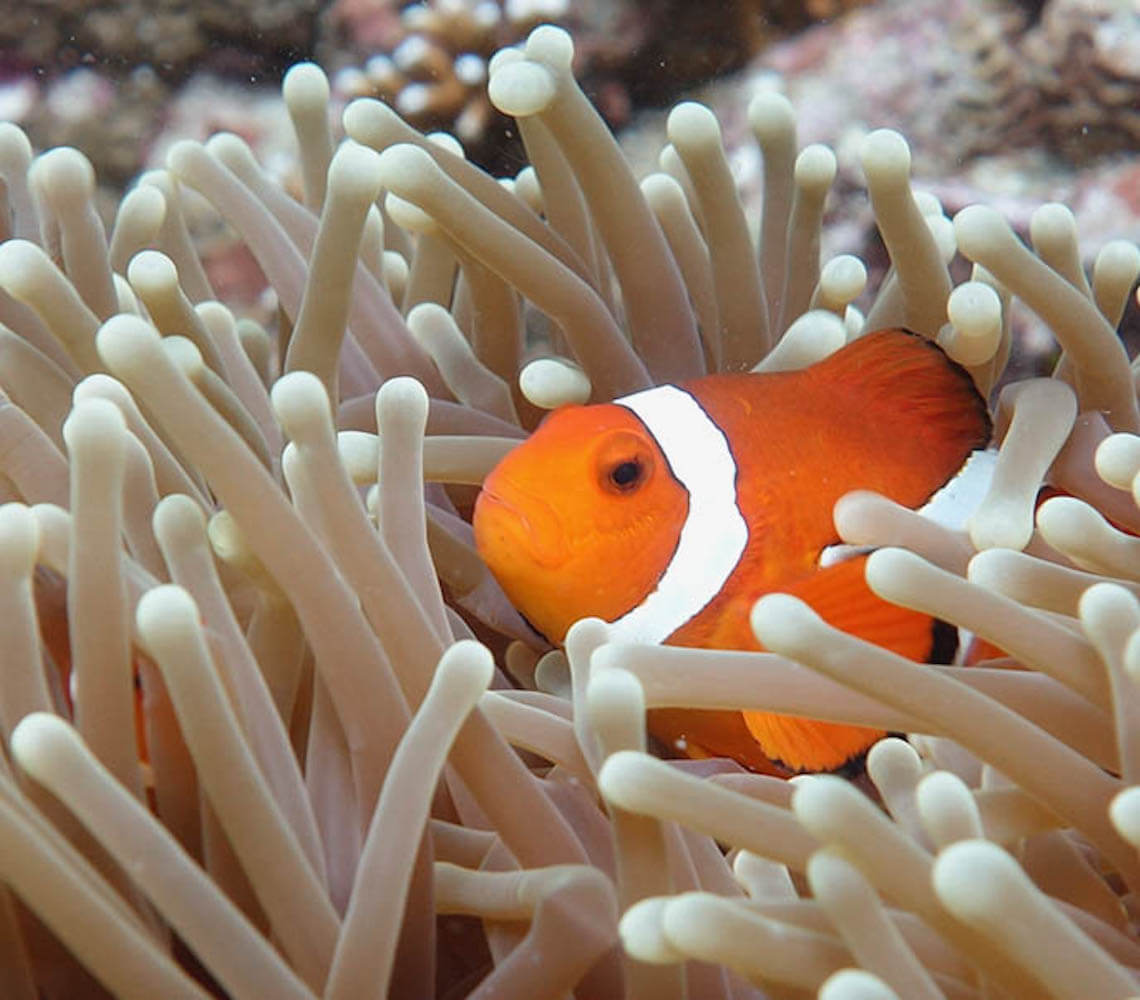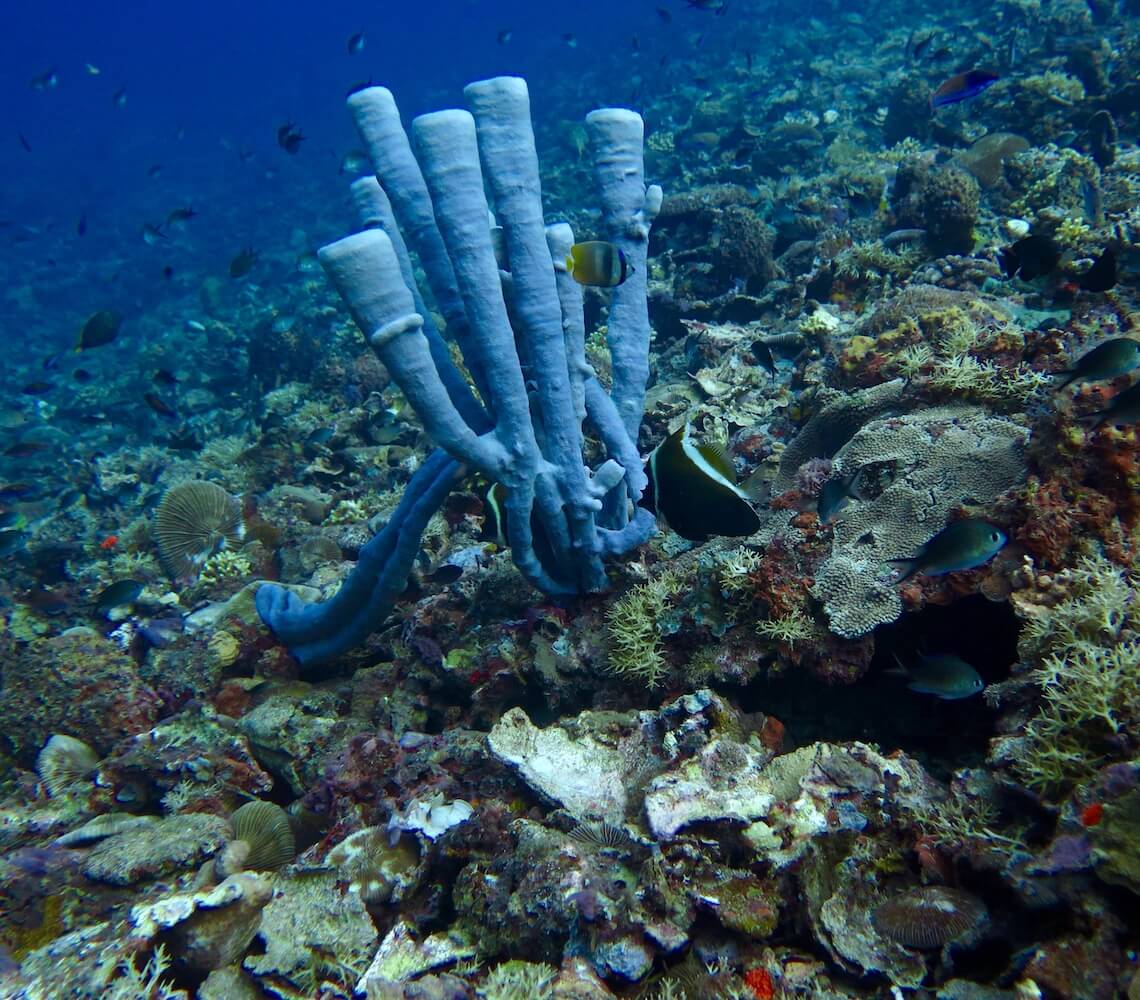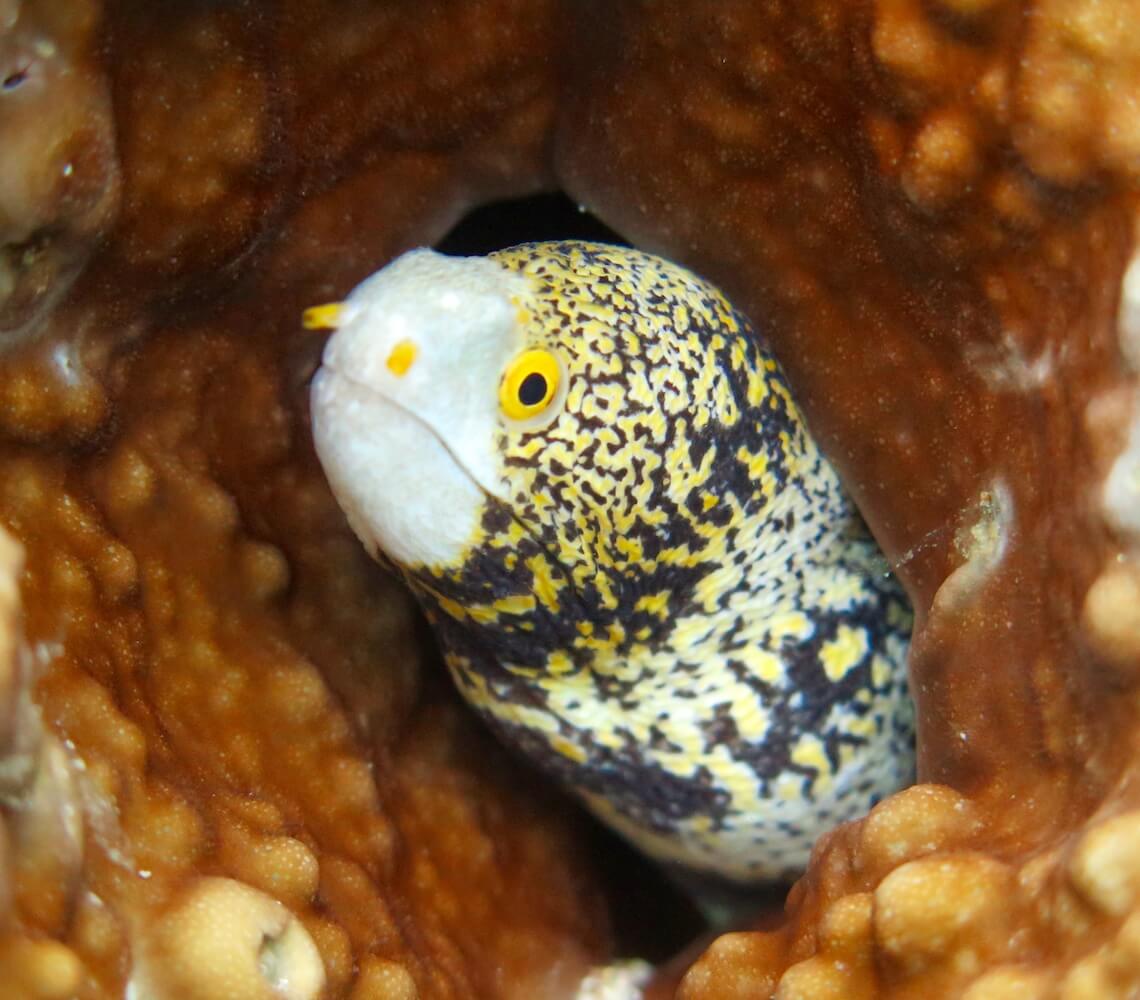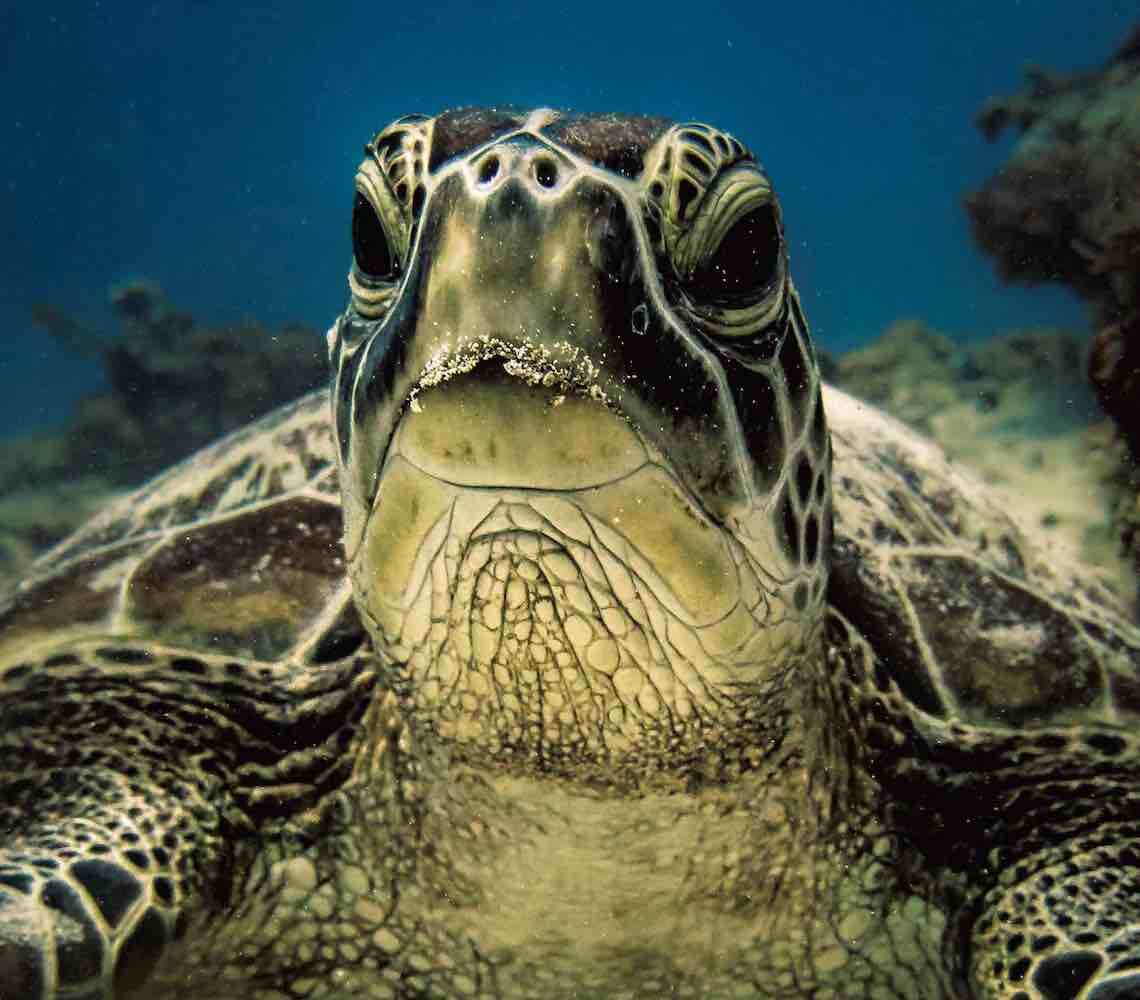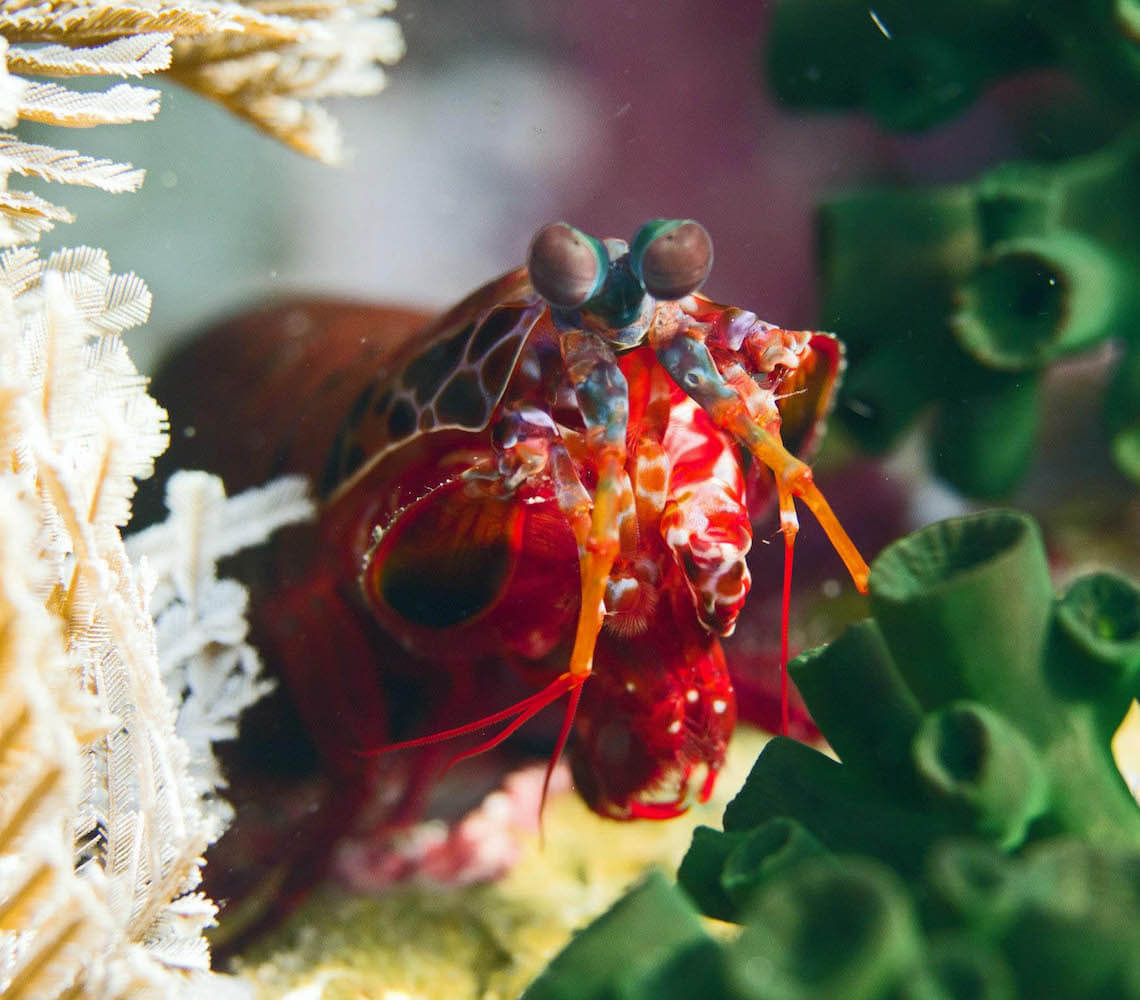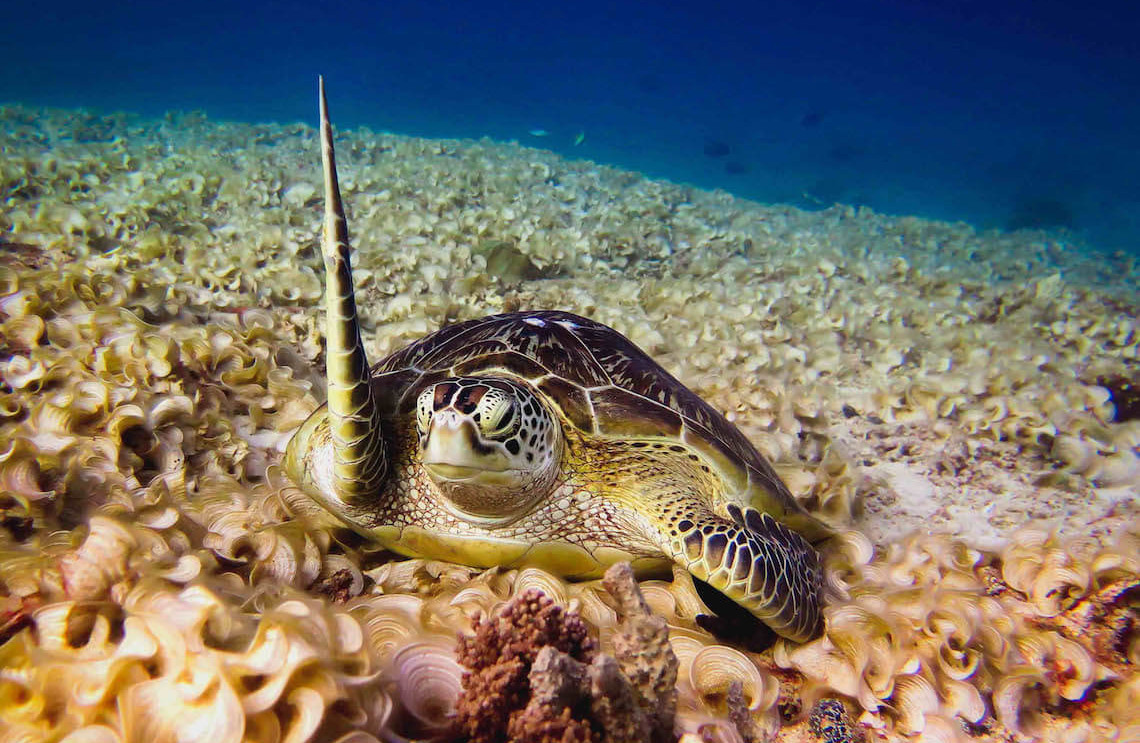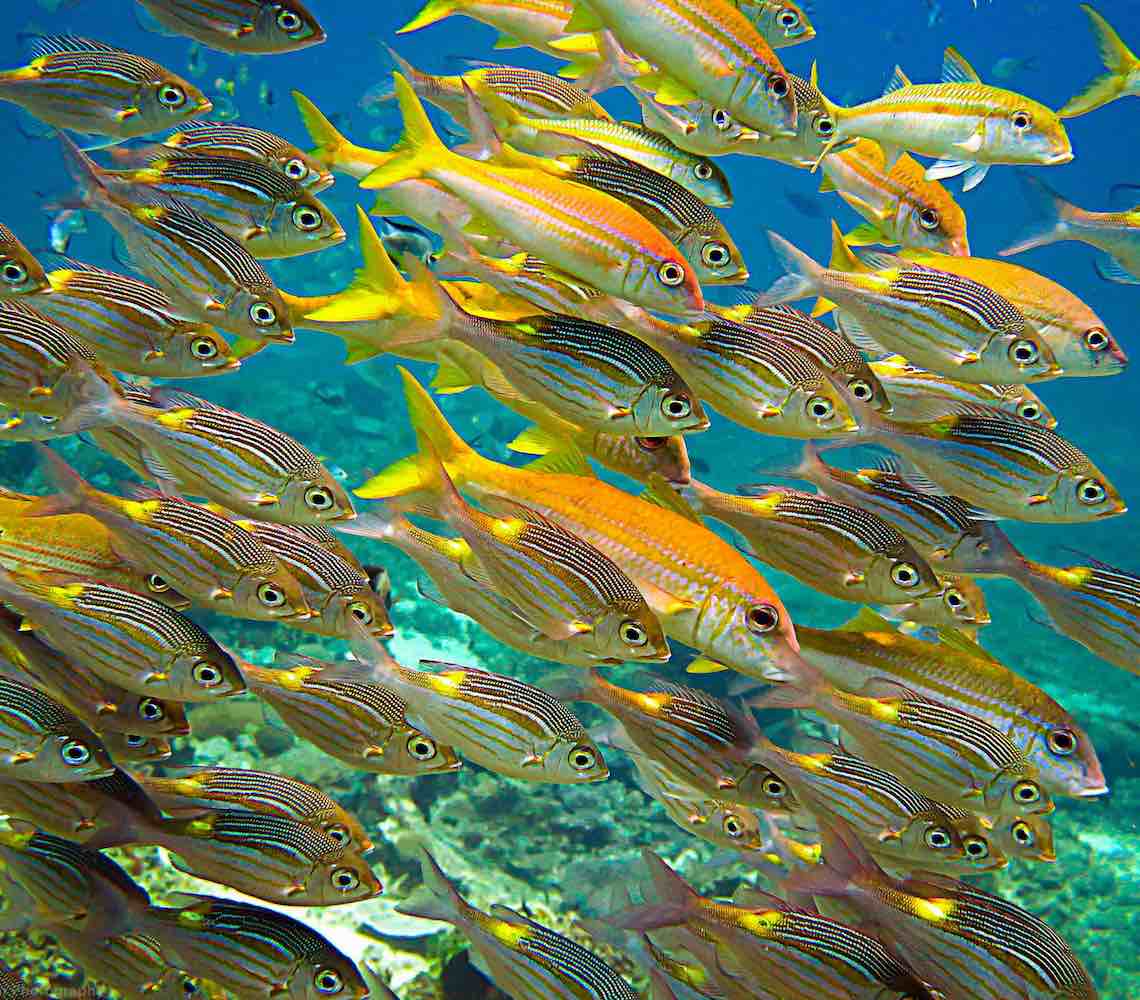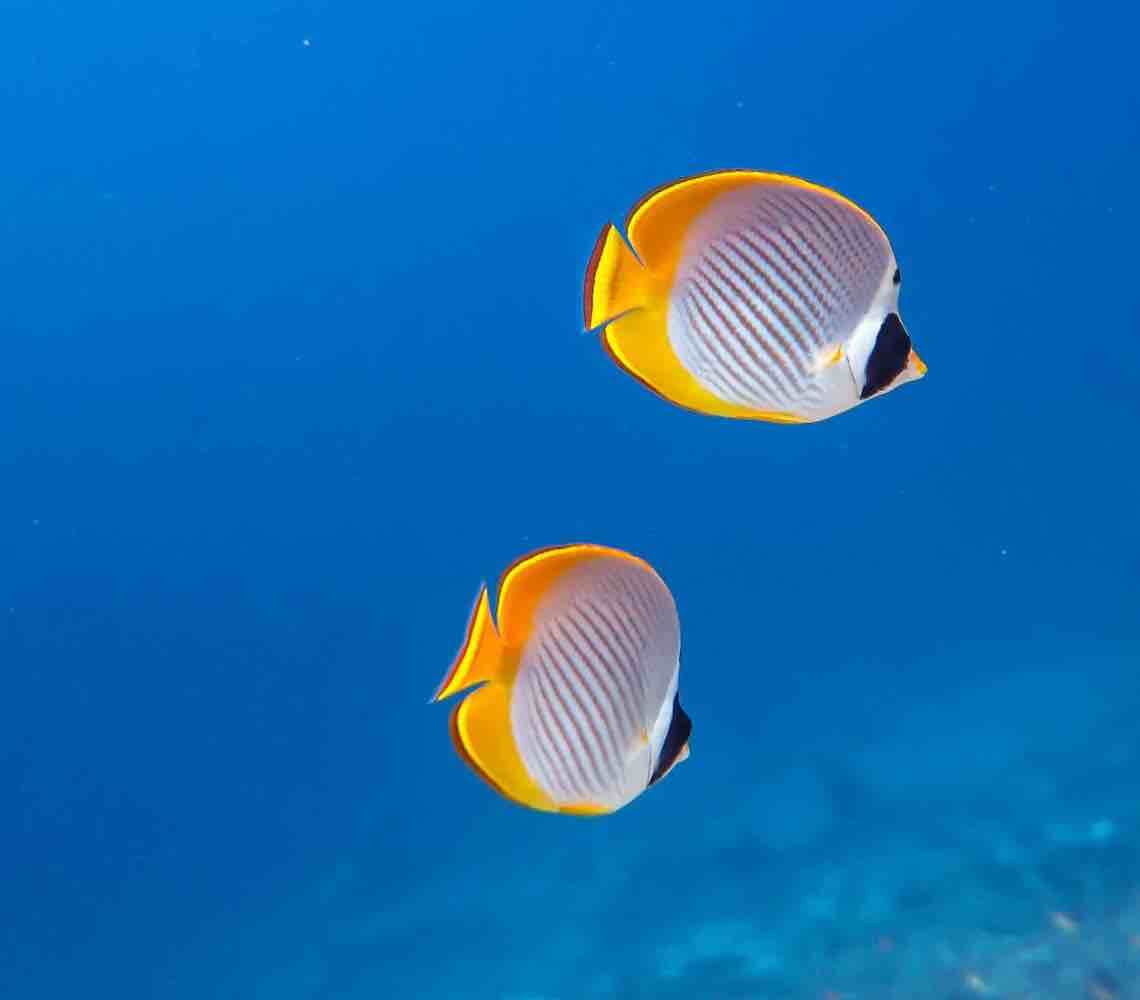BLUE MARLIN DIVE'S SPECIALITY COURSES
Sharks are an essential part of a healthy ocean. This course explores why they are vulnerable, the importance of a healthy shark population, managing threats and how to take action to protect them.
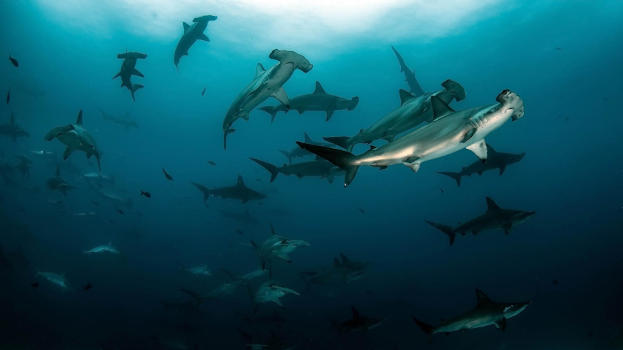
This course helps you appreciate the complexity of coral reef habitats and teaches how you can help conserve these vital systems.
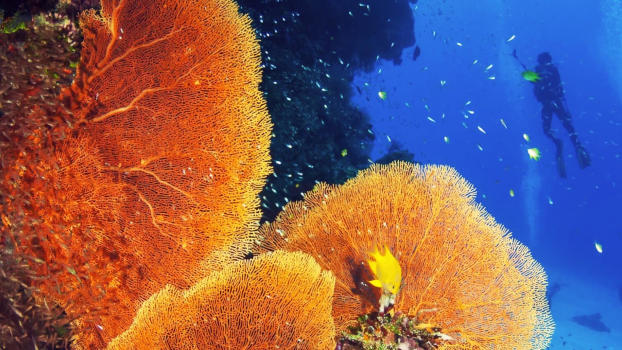
Explore deeper dive sites with confidence at depths down to 40 metres/130 ft. Learn to manage your gas supply, go over buddy contact procedures and buoyancy control.
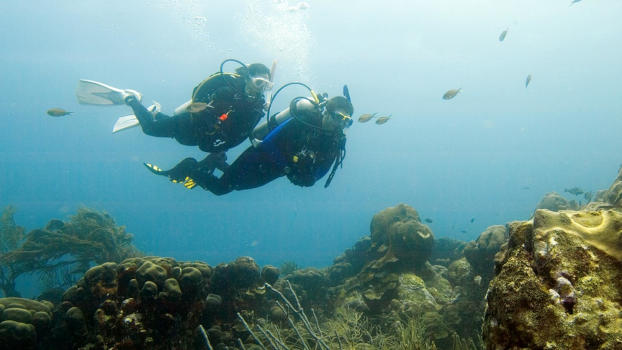
Many divers wouldn’t think of diving without carrying a delayed surface marker buoy (DSMB, and in some locations it’s considered required safety equipment. Knowing how to properly deploy and manage a DSMB are valuable skills learned in this course.
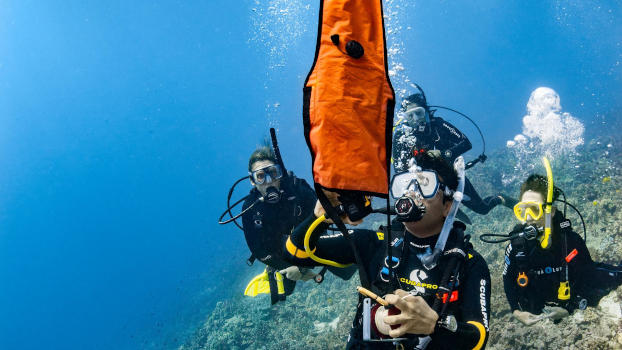
The most popular diving specialties course. It’s easy and fun to capture images of your underwater scuba adventures.
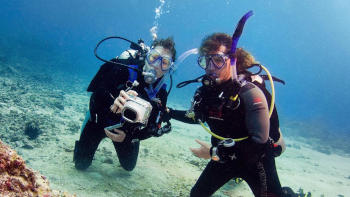
Drift diving can be relaxing and exhilarating. The course teaches you how to enjoy going with the flow as you scuba dive down rivers and use ocean currents to glide along.
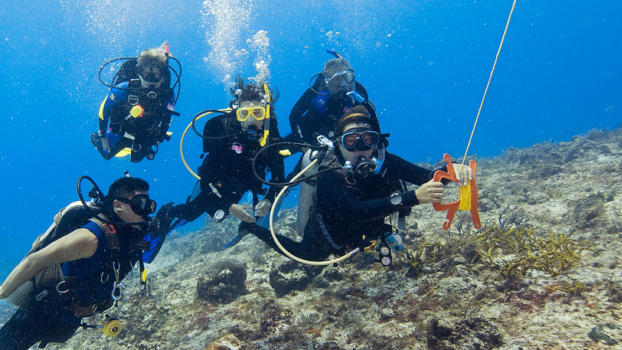
Immediately recognise scuba diving illnesses treatable with emergency oxygen and be prepared to offer aid. There are no prerequisites or age restrictions. This course is open to everyone.
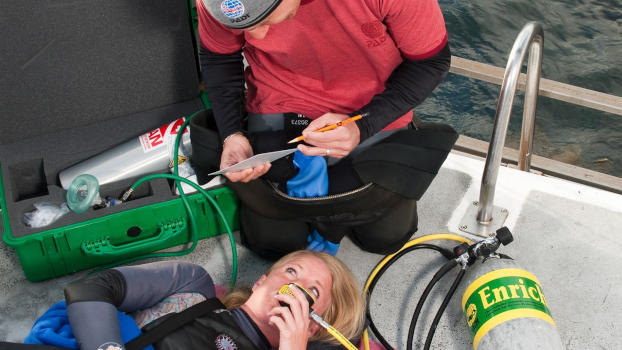
The most popular PADI specialty course. Scuba diving with enriched air nitrox gives you more no decompression time, especially on repetitive scuba dives.
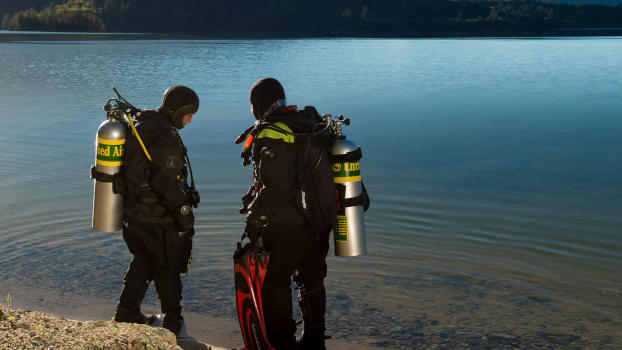
Enjoy dives even more when you can recognize and identify fish families and their characteristics.
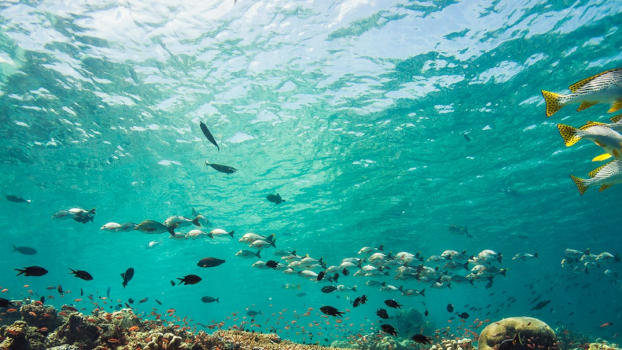
Your first step toward discovering why freediving is becoming a popular way to explore beneath the waves. No previous freediving course is required.
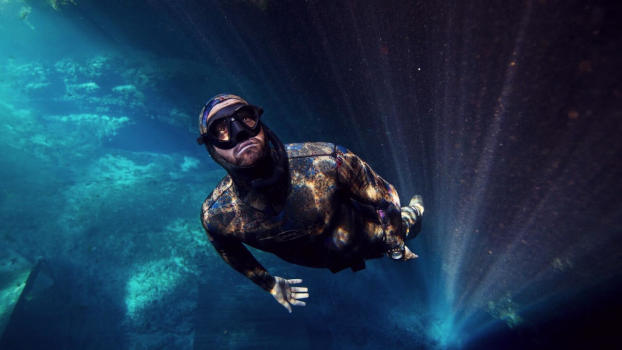
The underwater world changes as day creatures retire & nocturnal organisms emerge. If you've wondered what happens underwater after the sun goes down, enroll in the PADI Night Diver Specialty course.
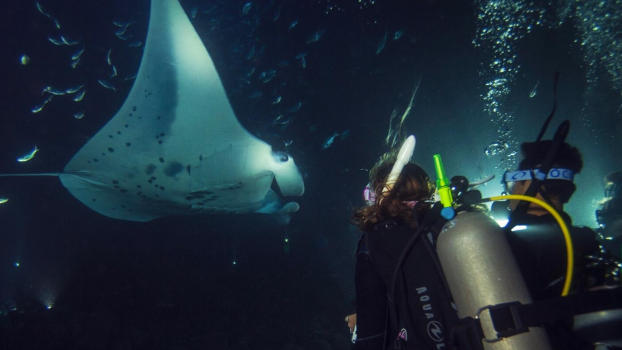
Observe aquatic life without disturbing their surroundings. Improve the buoyancy skills you learned as a new diver and elevate them to the next level.
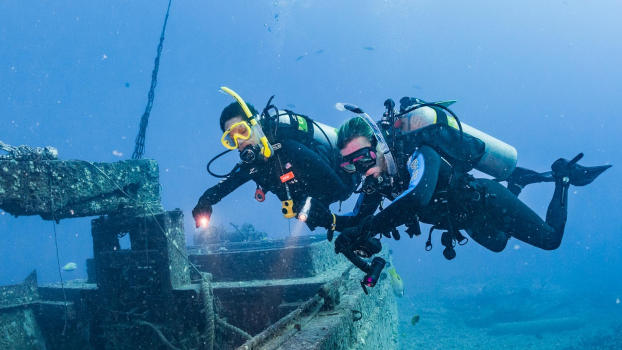
Uniting scuba divers and water enthusiasts to make a difference. By earning this certification, you’ll learn how you can make a difference for ocean protection every time you dive or travel.
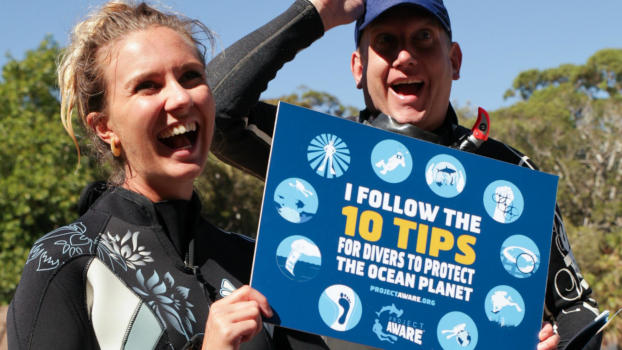
Although diving with a buddy is the norm, there are reasons for an experienced diver to develop self-reliance and independence while diving. Learning to carry out dives without a partner can make you a stronger diver in most dive situations.
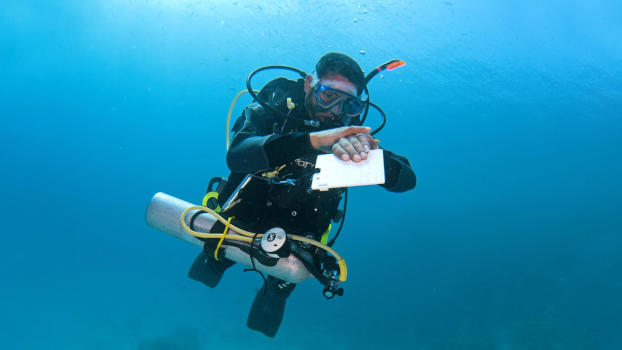
Teach a specialty course that interests you. Choose from, Deep Diver, Night Diver or Public Safety Diver course, just to name a few. There are 25+ standard PADI Specialty Diver courses to choose from.
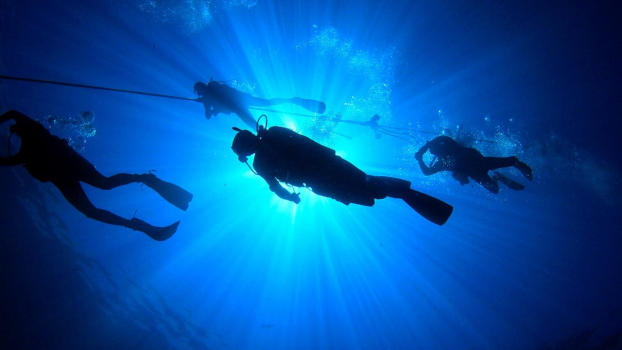
Get a better understanding about the local ecosystem and the differences between terrestrial and aquatic worlds. See new things, even in the most familiar dive sites.
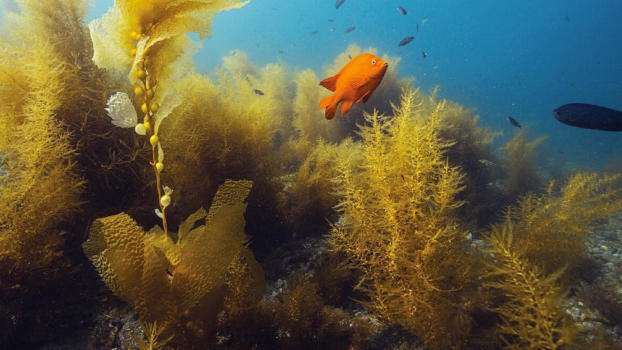
Ships, airplanes and even cars are fascinating to explore and usually teem with aquatic life. Each wreck dive offers a chance for a new discovery.
